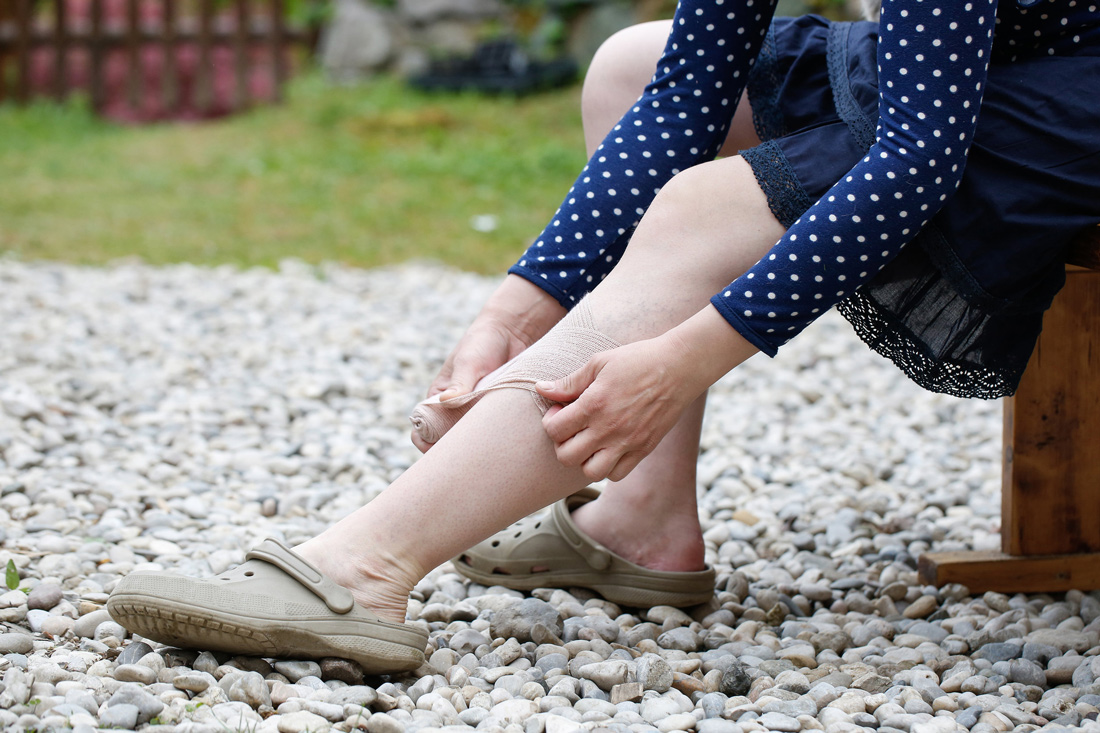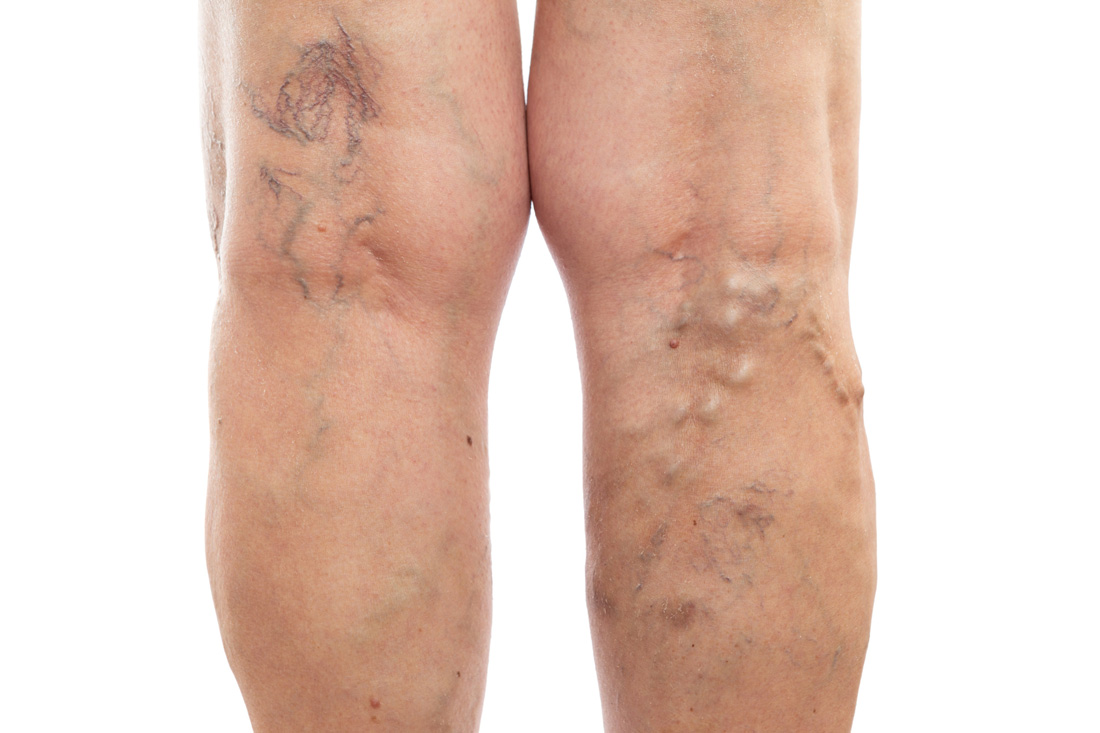Should I have my varicose veins treated? This is probably the question that I hear most often from patients attending my practice.
There is no one correct answer to this question, and every individual with their unique circumstances needs to be assessed and considered to respond appropriately to this inquiry.
Often a patient with bothersome veins has been told not to have them treated as “they will come back”, or that the veins may be required in the future in the case of the person requiring CABG (coronary artery bypass graft) surgery.
In some circumstances the answer is simple. If there are skin changes of advanced venous disease, such as venous ulceration, varicose eczema (itchy patches of skin on the lower parts of the legs), lipodermatosclerosis (hardening and scarring of skin in the lower legs), then treatment of underlying venous disease is essential to achieve the best health outcomes. Often people suffer for years with aching and swelling of the lower legs before coming forward for treatment.
Equally, if your unsightly leg veins are affecting your quality of life by restricting the clothing that you wear for fear of receiving comments or looks at your legs often from your children or grandchildren, then it is entirely reasonable to have varicose veins treated. If you feel self-conscious about wearing shorts or knee-length dresses or skirts, then your quality of life is being impeded by your veins.
And yes, recurrence of veins following treatment does occur, so that further treatment in the future may be necessary, but this is not a reason to avoid managing your leg health, just as with managing other ongoing medical problems.
With regard to spare parts for coronary artery grafting – firstly varicose veins are generally considered unsuitable for use in this circumstance, and there are alternative blood vessels that cardiac surgeons can access, such as arteries from the forearm.
Treatment for Varicose Veins
Modern treatments for venous disease are largely delivered in the outpatient setting, providing a minimally invasive solution to leg vein problems. Without the need for sedation or general anaesthesia, most patients can be managed in a truly ‘walk in, walk out’ fashion. With the correct training, an experienced clinician can provide the most appropriate management plan for your circumstances.
Treatment methods include:
- Direct Vision Sclerotherapy (DVS)
- Endovenous Laser Treatment
- Ultrasound Guided Sclerotherapy (UGS)
- Compression Therapy
- Vein Glue.
Generally, treatments are tailored to the type of vein problem you have, including the size and distribution of your veins, but also from the findings of an ultrasound examination. Only after your initial consultation and scan is it possible to give an accurate assessment of the required treatment.
Please contact me to arrange a consultation.


